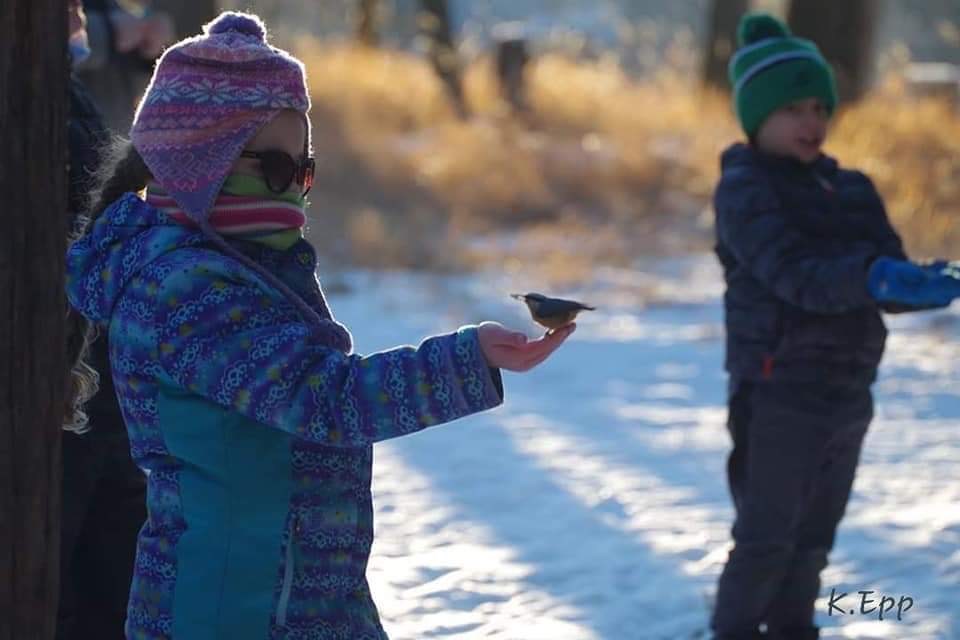Nature Saskatchewan launched an informational campaign on social media earlier this week with one important goal: to inspire residents to make their cities more friendly for birds.
The Bird Friendly City campaign is an initiative from Nature Canada that is looking to raise awareness about how cities have become serious danger zones for birds.
Lacey Weekes, conservation and education co-ordinator at Nature Saskatchewan, explained that a few easy efforts from residents and municipal leaders could make a world of difference in protecting local bird populations.
“We have three billion fewer birds in North America today than 50 years ago. Our birds are in trouble, and we need to help them,” said Weekes.
The educational campaign hinges on three areas of concern, and Weekes shared some tips for residents interested in doing their part to address and reduce threats to bird safety.
One of the three main threats that birds in urban centres are facing is the presence of roaming cats, including feral and house cats. Cats are estimated to account for up to 75 per cent of all bird deaths in Canada, which equates to about 100 to 350 million birds lost per year.
Reducing the number of feral cats and keeping pet cats from roaming freely can greatly lower the risk to local bird populations and, Weekes added, to the cats themselves.
“We do promote keeping cats indoors or keeping them on a leash when they’re outside,” said Weekes. “A lot of cities have bylaws around this topic, we just need to follow them.”
The second threat the campaign is drawing attention to is windows. Weekes said that 25 million birds in Canada die each year from colliding with windows — and 90 per cent of those collisions are with regular house windows, not big high-rise buildings.
To help reduce that statistic, Weekes suggested using window markers, like stickers or hanging streamers, to break up the reflection and help birds avoid colliding with the glass.
The third threat highlighted is habitat loss, which Weekes said can be addressed by promoting biodiversity in green spaces within city limits. This means maintaining a healthy tree population, planting flowering plants in garden spaces or backyards for the bug population, and even promoting no-mow areas in local parks.
Other ways for people to help support bird populations are to purchase coffee grown in shaded forest areas, which promotes habitat protection, and to ban single-use plastics.
“We know plastics are a huge problem in our environment, and that affects birds as well,” said Weekes. “They end up in our oceans, and we know seabirds are having real trouble with plastics found in their stomachs, so that’s one concrete thing people can do.”
Weekes also encouraged residents to approach their local city councillors and urge the municipality to get on board with adopting bird-friendly policies — like tree management programs and habitat protection initiatives.
She also recommended getting involved with local nature groups, like the Moose Jaw Nature Society, to help get people talking about the benefits of looking out for local bird populations.
Nature Saskatchewan is hoping to see cities in Saskatchewan consider pursuing the Bird Friendly Cities certification from Nature Canada, to help protect birds in the province.
“Birds play such a central role in maintaining a healthy and resilient ecosystem,” said Weekes. “They really are the bio-indicator, they tell us what’s going on in our environment and right now, they’re telling us there’s a problem, so we need to step up. It's our responsibility to look after the planet we live on.”
For more information on bird protection and conservation tips, visit Nature Saskatchewan online at naturesask.ca or visit the organization’s Facebook page.




